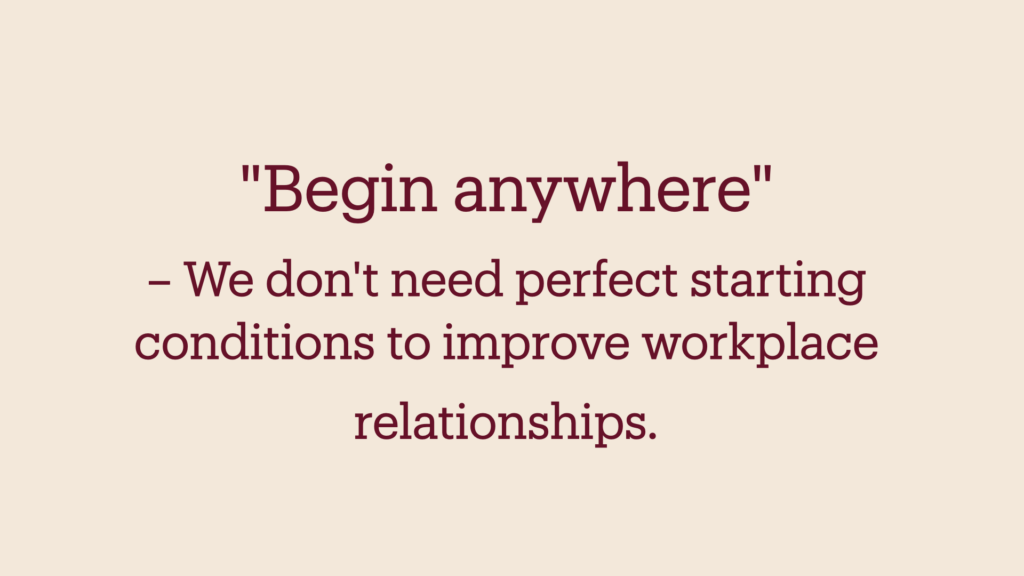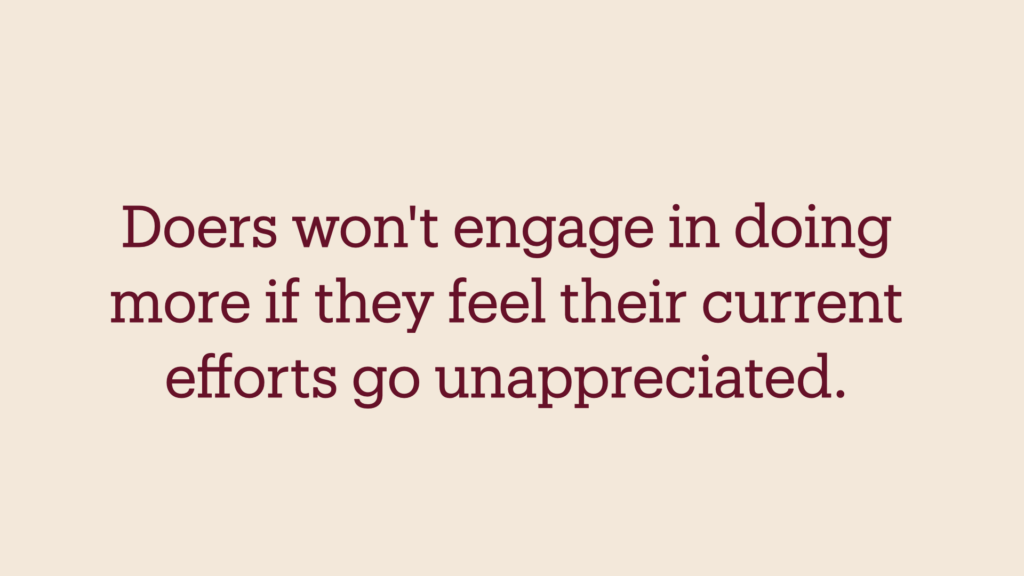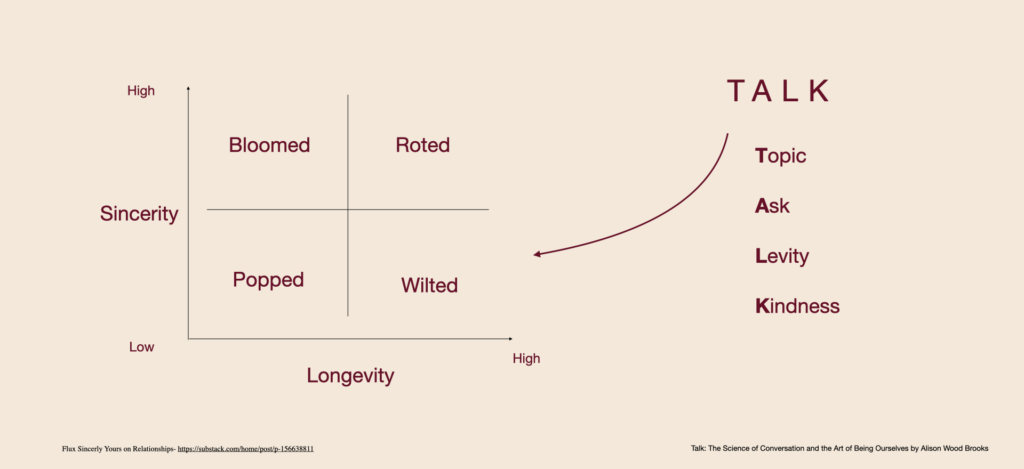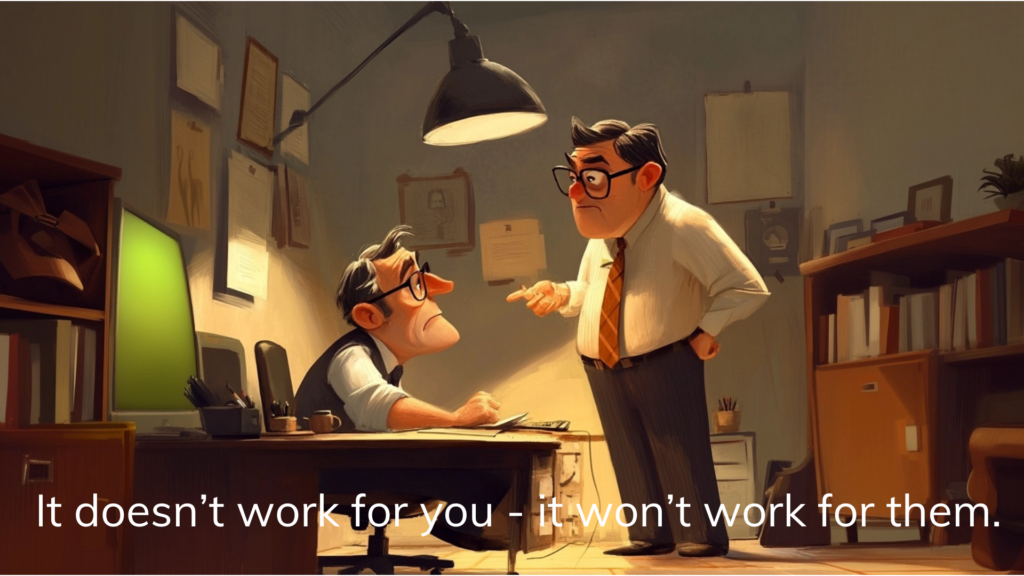I stumbled upon an interview with Canadian designer Bruce Mau today
Mau speaks about intentional life design rather than accepting what comes. This got me thinking: what if we applied this same philosophy to workplace relationships? We have two choices: take a fatalistic approach and let relationships develop randomly like “weeds in a flower bed,” or intentionally design them.

In most organisations, relationship quality is left to chance. An afterthought rather than a priority. Yet these connections form the very ecosystem in which work happens, influencing everything from productivity to innovation to well-being.
Several of Mau’s design principles seem particularly relevant:
Process over product – What if we valued the ongoing journey of relationship development rather than viewing connections as something to “achieve” and then move on from?
Embracing uncertainty – Relationships evolve in ways we cannot predict. Designing doesn’t mean controlling but creating conditions for organic growth.
One small intervention can ripple through the entire system.
“Don’t be cool” – Authenticity trumps appearance. Professional relationships flourish when we bring our genuine selves rather than polished personas.
“Allow events to change you” – Being open to transformation through relationship experiences creates opportunities for both personal and organisational growth.
But how do we begin this relationship design process without making it feel forced?
Start simple: Connection before content.
One practical first step I’ve seen transform teams is implementing brief check-ins at the beginning of meetings. This small change signals that relationships matter – that we see each other as humans first, not just functional roles.
These moments create space for authentic connection before diving into tasks and deliverables. They’re not “soft” nice-to-haves but foundational elements of a deliberately designed system where relationships can flourish.
As Mau’s systems thinking reminds us, everything influences everything else. When we upgrade the quality of workplace relationships, we’re not just improving individual connections – we’re redesigning the entire ecosystem.
What one small step could you take this week to begin intentionally designing the relationships in your workplace ecosystem rather than letting them grow like weeds?
#LeadershipDevelopment #WorkplaceCulture #RelationshipDesign #BruceMau #SystemsThinking






